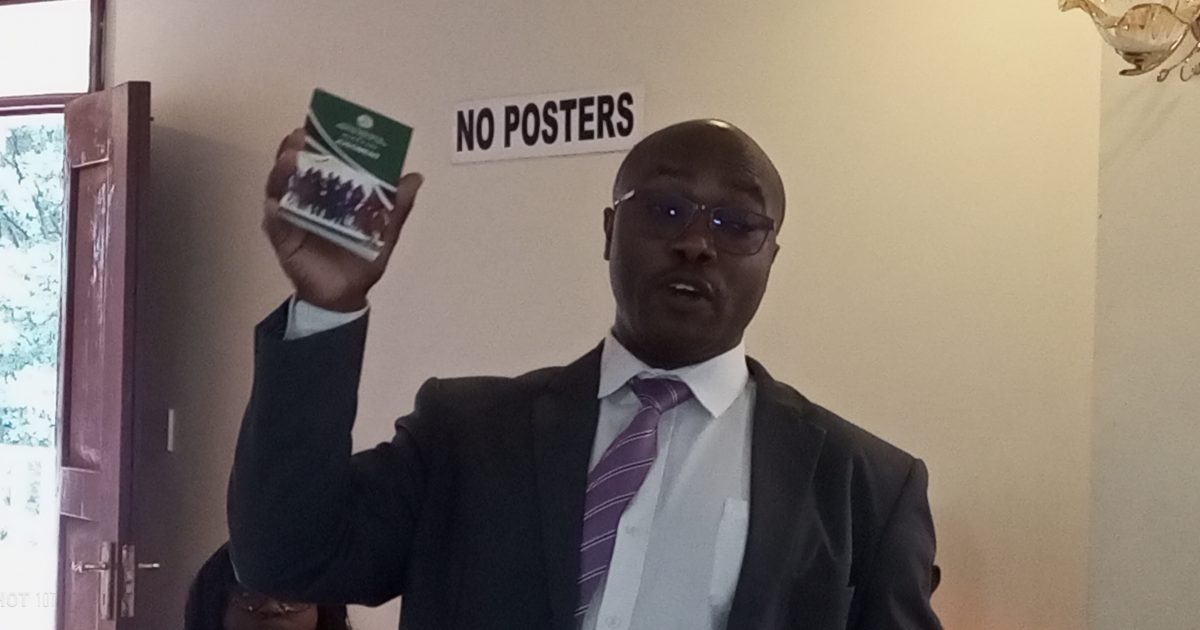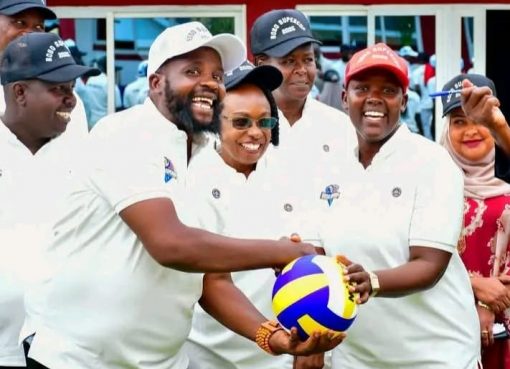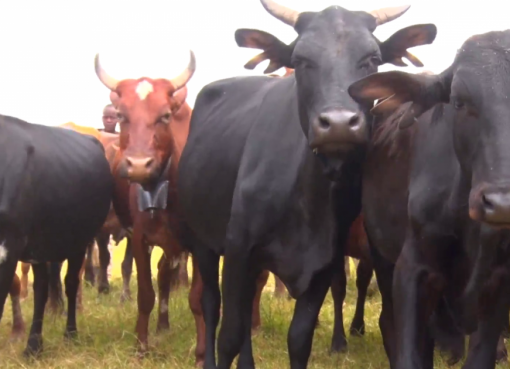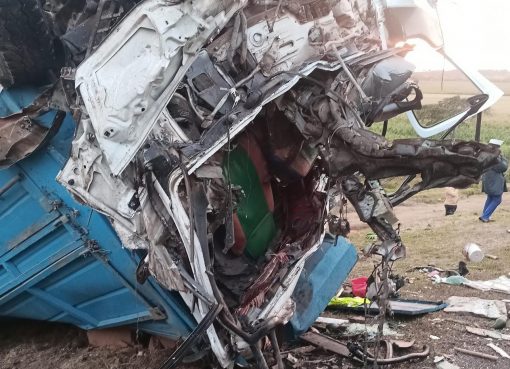The National Gender and Equality Commission (NGEC) has emphasized the need to include the marginalized Communities living in the Rift Valley in programmes, as they decried lack of inclusion.
Speaking to government officials in Nakuru County, Regional Director Lewis Mwaniki noted that the marginalized in the region needed to be given opportunities on an affirmative basis to allow them suffice.
“All state organs have a responsibility to ensure access to special opportunities for the minority and marginalized groups including the Endorois and Ogiek Communities living in various parts of the country.
“The Commission, through the National Inclusive Framework for Marginalized Community will be able to clearly define what the constitution means by the minority and marginalized to prevent others from taking advantage of the clauses to access opportunities meant for those marginalized,” added Mwaniki.
Mwaniki said that Nakuru County will soon have a county forum for the residents to share knowledge and experiences, arguing that the forum will allow the residents to appreciate the diversity that existed among them.
While building a case for the Ndorois community living in parts of Rongai Sub County in Nakuru, Roggers Motoloi said the community members were better placed to help champion climate change initiatives as they were largely affected by drought and flooding.
“We have programmes that have allowed women to be part of public participation forums and contribute to issues of national importance such as budgeting. Our model is to have women and girls get educated and engaged in productive activities in the community, unlike before with the need to shift their minds from pastoralism that has made us victims of cattle rustling,” added Motoloi, who serves as the Programmes Coordinator for the Endorois Indeginous Women Empowerment Network (EIWEN).
The Ogiek Community living on the periphery of Mau Forest in Mariashoni and Leisut, also decried the constant fear of eviction that has caused the community sleepless nights.
The Community, whose ancestry were hunters and gatherers in the Mau Complex, also decried lack of passable roads and mobile network that separated them from the rest of the world.
“The only primary school that was near the community, Kiptunga Primary, has since been closed as it seats on forest land. Our children therefore have to travel about 13 km to Oloipiri in Narok County for school,” decried Alexender Kisioi.
Kisioi regretted that the Ogiek, who lack national and county political representation, were at the mercies of the elected leaders to reconsider their decision of evicting them from the forest to afford them a home.
“We are the community that lived and loved the forest and our efforts are toward conserving it. We have petitioned the government to grant the community their tribal code to allow its members compete for opportunities during recruitment,” he added.
Nakuru County Administrative Officer Kennedy Lweny, urged the communities to remain united as they lobbied for recognition at the national level, arguing that divisions among the Ogiek had denied them numerous chances to register a communal land with former administrators.
“It is the right of the minority and marginalized to access opportunities including land and job opportunities. This can only be achievable if the communities through their representatives walked as one and lobbied for their collective interests as such,” added Lweny.
The Ogiek Indigenous Community in 2012 challenged the Kenya Government at the African Court on Human and People’s Rights (ACHPR) for what they termed as constant evictions form the ancestral home in the Mau Complex.
The court, found the government at fault, granting the community the right to repatriation and remedy, to which they claimed are yet to be adhered to.
By Anne Sabuni





